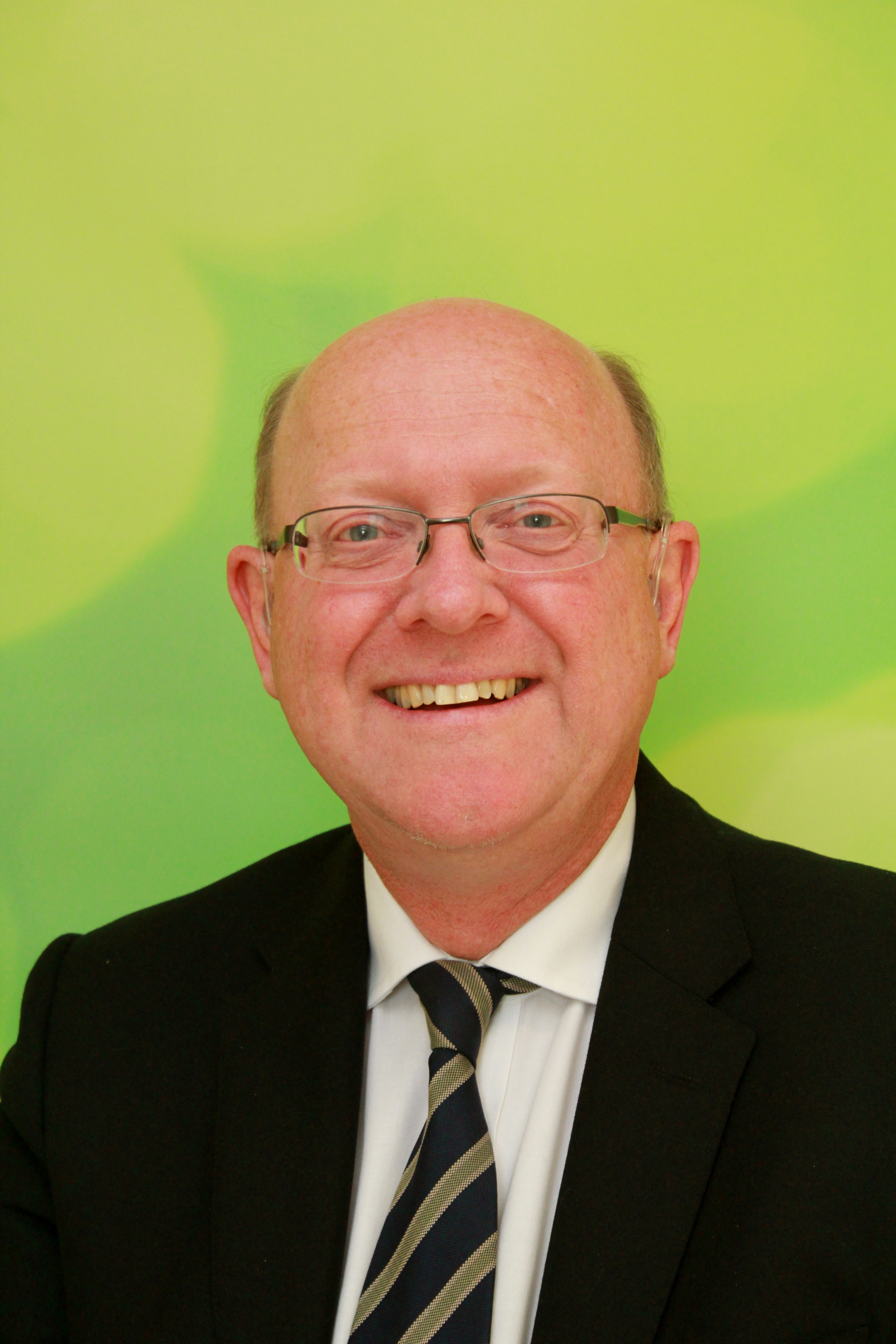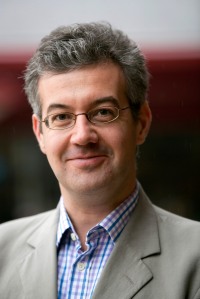A Meditation on the Sacred Passion of the Holy Redeemer for solo tenor and bass voices and chorus with hymns to be sung by the congregation
Taken from the Novello edition 1998.
The Crucifixion was first performed in St Marylebone Parish Church on 24th February 1887 and published by Novello the same year. In 1915 Vovello issued a "revised edition" in which the only alterations made are substitutions of words, There is no obvious verbal or theological reasons for the changes, however the alterations may have been made by the librettist and have been retained.
The piece follows the story from Jesus and his disciples going to the garden of Gethsemane, and Jesus praying and asking his disciples to watch over him, moving the story to his arrest and trial, Calvary and the crucifixion and finished with the death of Christ on the cross. The soloists set the scene and tell the story, with lovely choral interludes, many of which are well known, including "God So Loved The World" and beautiful hymns, whose "proper" titles are pretty meaningless, but the first lines are instantly recognisable, and our congregation joined in.
John Stainer was born in Southwark, London in 1840. He was an English composer and organist. Much of his music is not longer performed except for The Crucifixion. His work as an organist and choir trainer set the standards for Anglican Church Music still used today. He was a chorister at St Paul's Cathedral from age ten, and organist of St Michael's College, Tenbury at the age of 16. He was later organist at Magdalen College, Oxford and later St Paul's Cathedral. He had to give up due to ill health and poor eyesight, but became Professor of Music at Oxford. He died suddenly in Italy in 1901 whilst on holiday.
 |
| Sir John Stainer, Wikipedia |
Our soloists were:
 |
| Martin Ridley Tenor |
 |
| Peter Webster Baritone |
The choir was augmented by other singers who joined us for this occasion and they were very welcome and we hope to enjoy their company on other occasions (Our annual Fauré Requiem for instance). Keep a look out on this blog site and also the main blog for details of upcoming singing days.



